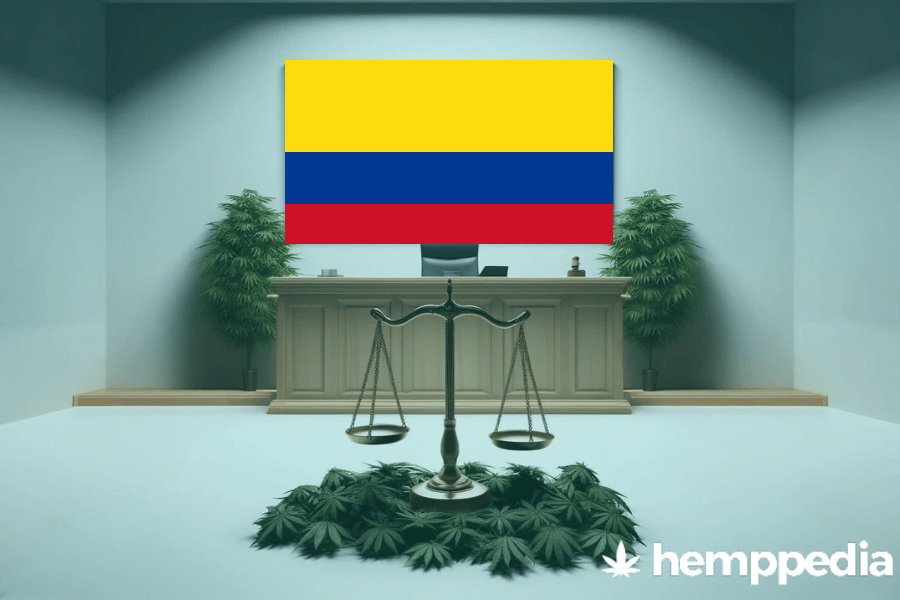TL;DR
The legal status of Cannabidiol (CBD) in Colombia is relatively progressive. CBD, a non-psychoactive compound found in the cannabis plant, is predominantly recognized for its medicinal properties. It’s currently legal and regulated under specific conditions. However, the sale of CBD-infused products for recreational use remains restricted.
| Aspect | Legal Status |
|---|---|
| Usage | Legal for medicinal use |
| Possession | Legal within limits for medicinal use |
| THC Distinctions | THC-containing products strictly regulated |
Globally, CBD regulation is an evolving landscape with some countries leaning towards acceptance and others reinforcing prohibitions. Despite this, Colombia remains ahead of the curve.
Overview of CBD Legislation
Key Terms: CBD is short for cannabidiol, a compound extracted from Hemp or Marijuana. The distinction between hemp and marijuana primarily lies in the THC content; hemp has less than 0.3% THC, while marijuana has higher levels.
Legal Landscape: Colombia legalized medical marijuana in 2015, however, recreational use is restricted to personal amounts only.
Regulatory Bodies: In Colombia, the Ministry of Health and Social Protection regulates medicinal use of cannabis products, while the Colombian Agricultural Institute oversees cultivation.
Conditions and Restrictions: Low-THC CBD products and medicinal marijuana are legal. Labelling and certification requirements apply.
Historical Context
Colombia has a complex relationship with cannabis. In 1986, the drug was decriminalized, then re-criminalized in 1994. However, legislation in 2015 marked a turning point, opening the door for a legal and regulated medical marijuana industry.
Possession, Use, Cultivation and Sales
For medicinal use, CBD and cannabis products can be legally purchased from approved providers. Possession is limited to personal amounts only. Importing or exporting CBD products is generally restricted. Cultivation of hemp for CBD production is strictly regulated and requires appropriate licensing.
Enforcement and Penalties
Non-compliance with CBD regulations in Colombia can result in fines and potential criminal charges. Enforcement tends to focus on illicit cultivation and trafficking, while regulations for consumer CBD products are relatively lax. Patients with a prescription can access CBD for medical use.
Comparative Analysis
Compared to many other Latin American countries, Colombia is a pioneer in terms of its progressive stance on CBD and cannabis laws. However, recreational consumption remains a grey area.
Conclusion
While the production and use of CBD is highly regulated in Colombia, the market’s positive economic potential and the recognized health benefits contribute to a reasonably open framework. As global trends shift and research continues to evolve, Colombia may potentially consider extending legality to encompass recreational use.





